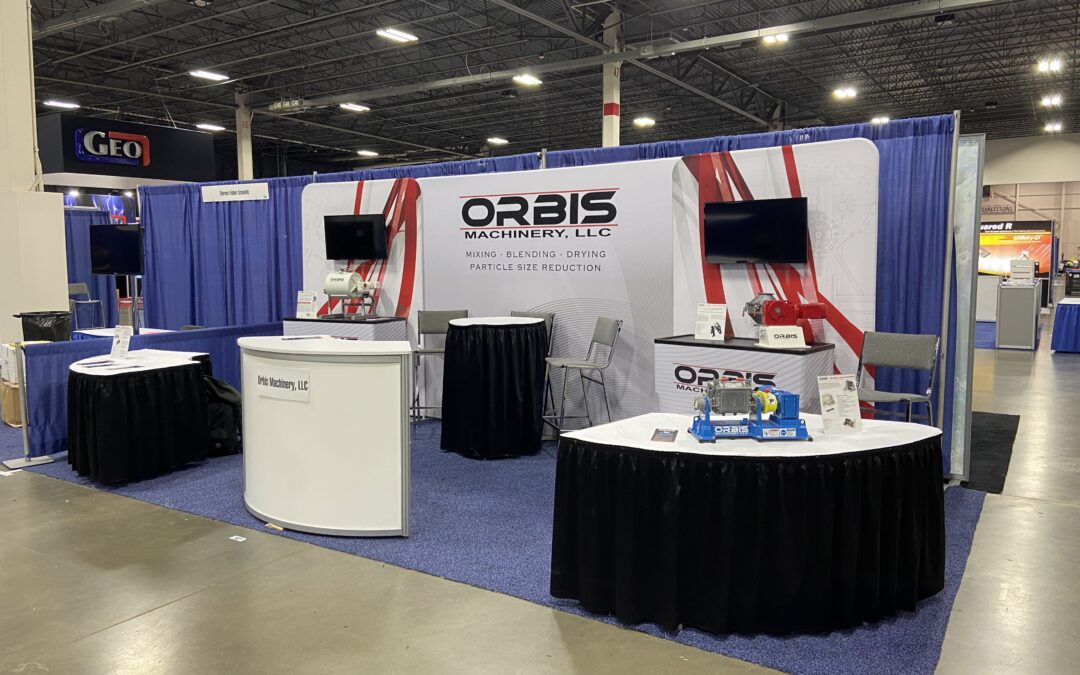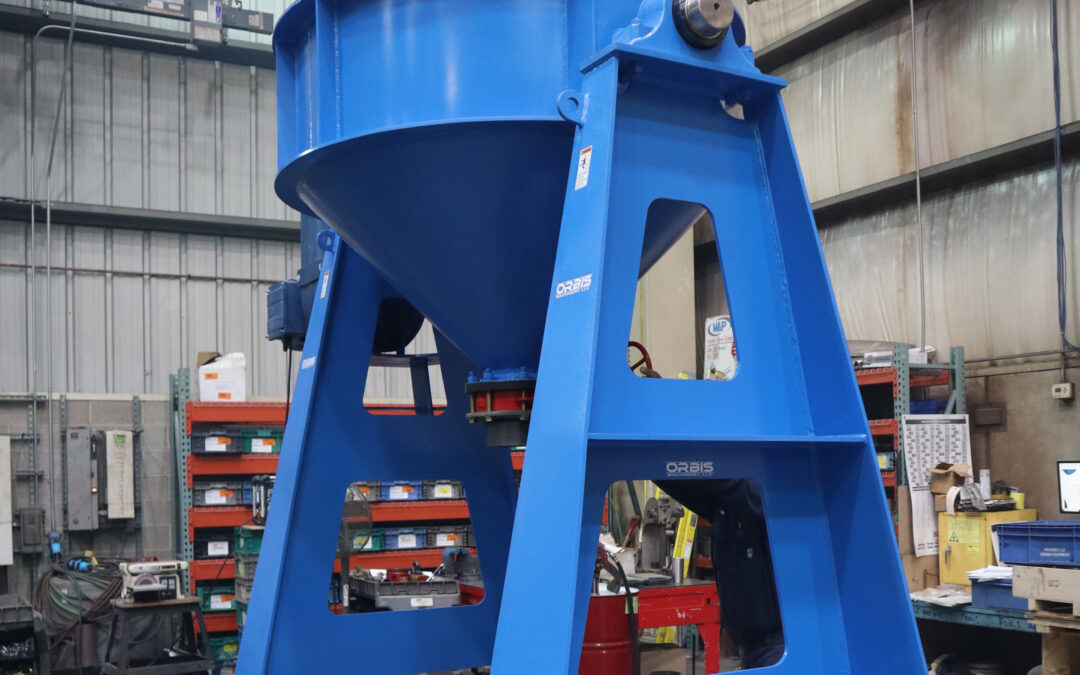ASME is an organization that has been improving the standards of industrial safety for over 130 years and certifying recognized companies that meet the highest industry standards. Throughout the industrial community, ASME is considered to be the standard that must be met when manufacturing high-quality industrial products.
What is ASME?
ASME is an abbreviation for the American Society of Mechanical Engineers. It was founded in 1880 by a small but influential group of industrialists who recognized the importance of enriching engineering discipline through collaboration and the exchange of knowledge and skills. Though the focus was on fostering improvements in engineering, that in turn has had a positive spillover effect on construction, manufacturing, and the industrial sector as a whole.
ASME is a nonprofit organization that includes a diverse mix of individual members, such as project managers, business engineers, business leaders, academics, and even students. ASME is as diverse as the largest engineering community in itself. The organization develops engineering codes and standards, conducts research, conducts conferences, releases publications, develops continuing education courses and much more.
Today, ASME is a highly respected global organization. Its legacy of codes and standards is the foundation upon which ASME certification rests. For an industrial facility to be certified by ASME, it must meet the codes and standards that have been carefully developed, reviewed and agreed to by the ASME professional organization.
Different ASME certifications in equipment development.
ASME is a nonprofit organization that facilitates collaboration, knowledge sharing, professional enrichment and skill development in all technical disciplines to help the global engineering community develop solutions that improve their lives and livelihoods.
ASME BPE
ASME Bioprocessing Equipment Certification (BPE) is an enterprise-level certification for organizations that manufacture or supply pipes and fittings to the ASME Bioprocessing Equipment standard and establish specific design, construction, and inspection of the finishing conditions. This certification is aimed at companies that manufacture or supply pipes and accessories for the bioprocessing, pharmaceutical, and personal care industries, as well as other applications with relatively high hygiene requirements. The certification includes a review/survey of the quality manual of a company and the implementation of its quality program.
ASME BPVC
ASME boiler and pressure vessel certification is an enterprise-level certification of a manufacturer’s or assembler’s quality control system, in accordance with the Pressure Cooker and Boiler Code of the American Society of Mechanical Engineers (ASME) ) sections I, IV, VIII, X and/or XII. This certification is for companies involved in the design, manufacture, assembly, and inspection of boiler components and pressure vessels during construction.
ASME MO
ASME Nuclear Material Organization (ASME MO) is a company level certification of a manufacturer or supplier’s quality system in accordance with Section III of ASME Boiler and Pressure Code. This certification is for companies providing materials and services to the nuclear industry. The certification implies a review/survey of the quality manual of a company and the implementation of its quality program.
ASME N-Type
ASME Nuclear Component (N-Type) Certification is an enterprise-level certification of an organization’s quality assurance program in accordance with Section III of the ASME Pressure Vessel and Boiler Code (BPVC) for components installed in nuclear facilities. This certification is aimed at companies that design, manufacture and install components and supports used in nuclear power plants and facilities. The certification implies a review/survey of the quality manual of a company and the implementation of its quality program.
ASME NQA-1
ASME Nuclear Quality Assurance (NQA-1) is an enterprise-level certification based on a standard published by the American Society of Mechanical Engineers (ASME) titled “Quality Assurance Requirements for Nuclear Facilities.”. This certification is aimed at nuclear companies that understand the quality and supply of quality products and services to meet the needs of the industry.
ASME RTP
ASME-reinforced, thermosetting, corrosion-resistant (RTP) equipment is a manufacturer’s quality control system certification in accordance with the ASME RTP-1 standard. “Plastic corrosion-resistant equipment reinforced thermostable”. This certification is aimed at companies that manufacture reinforced thermoset plastic storage tanks and process vessels to contain corrosive and otherwise hazardous materials used in a variety of industries, including chemical processing, water, and wastewater, metal and mining, electronics, generation of energy and oil and gas production. The certification involves a review/survey of the quality manual of a company and the implementation of its quality program.
The following below are some of the ways ASME certification is important for equipment development;
Quality Standards –ASME certification ensures that the industrial facility has met all crucial quality standards mandated by ASME. This, in turn, ensures that the finished equipment will have consistent, dependable quality. The certification process consists of rigorous documentation of compliance with the ASME workshop, with on-site audits conducted internally and externally by qualified ASME inspectors. Physical audit of documentation, procedures and shop adherence are performed every 3 years.
Safety Standards – Many industrial companies operate in several states or even in several countries. Typically each state or country will have its own particular set of safety regulations and requirements which may differ from each other. ASME certification guarantees that, regardless of where the facility operates, it must comply with ASME safety standards.
Continuing Quality – Another important element of the ASME organization is continuing education as well as periodic inspection of facilities as mentioned above. This commitment to continuing quality ensures all future work to be performed will continue to meet ASME’s safety and quality standards.
ASME certification is only one part of evaluating a potential industrial services company; however, it is an extremely important part and should not be overlooked. The nature of the effort to maintain and keep this certification increases credibility and makes the company feel committed to quality. In addition to ASME certification, it is important to consider the company’s reputation, production capacity, commitment to service, quality and safety, and willingness to meet customer needs and requirements. Orbis Machinery is proud to have an ASME certified engineer on hand and are dedicated to providing clients with outstanding industrial services.



